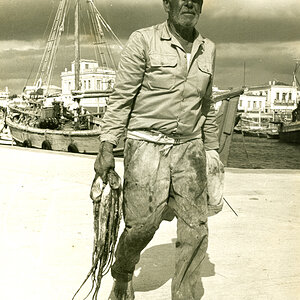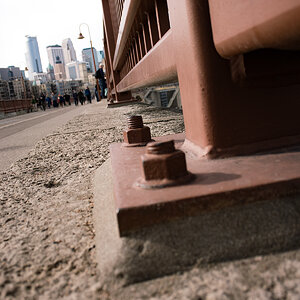Sammie_Lou
TPF Noob!
- Joined
- Jun 15, 2011
- Messages
- 394
- Reaction score
- 59
- Location
- Farmington Hills, MI
- Can others edit my Photos
- Photos OK to edit
I just feel like I'm missing a lot. lol And I'm totally not sure about the metering thing. I just take practice pictures until it looks clear and lit enough. lol I figured there was probably an easier way to do it and everyone kept talking about metering, but I have no idea what that means.
The camera meter is what determines the exposure in an automated mode and what gives you a reference in manual. Look in your view finder. At the bottom, there will be a bar graph of sorts. While looking through the view finder, fiddle with the shutter speed and watch the line at the bottom move. When it is in the middle, you are shooting at what the camera thinks is the right exposure. That is the meter most people are talking about.
There are also external light meters which you don't really need at this point.
THANK YOU. lol


![[No title]](/data/xfmg/thumbnail/34/34144-52e7a5d3e3908ae808afeabfe86fffdc.jpg?1619736317)
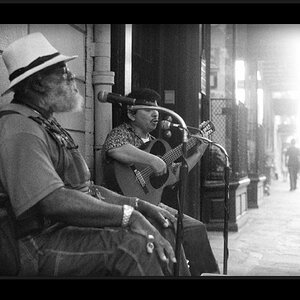
![[No title]](/data/xfmg/thumbnail/39/39438-1eb8b5f82b59d9d0c72ae9025778ed4c.jpg?1619739032)

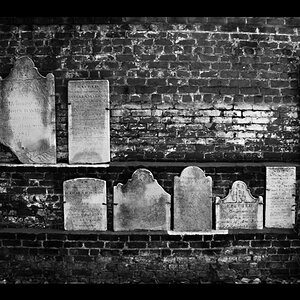
![[No title]](/data/xfmg/thumbnail/30/30885-2764c7a15a288ed06f3903d3a2756832.jpg?1619734497)
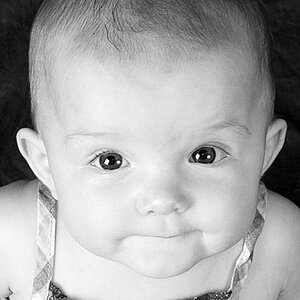
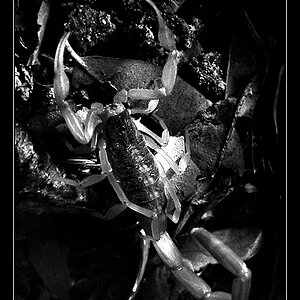
![[No title]](/data/xfmg/thumbnail/39/39533-c2c39d37e833a4689533c897ace8c348.jpg?1619739073)
![[No title]](/data/xfmg/thumbnail/34/34142-948c6bafdf60862125009004d5a06e46.jpg?1619736315)
